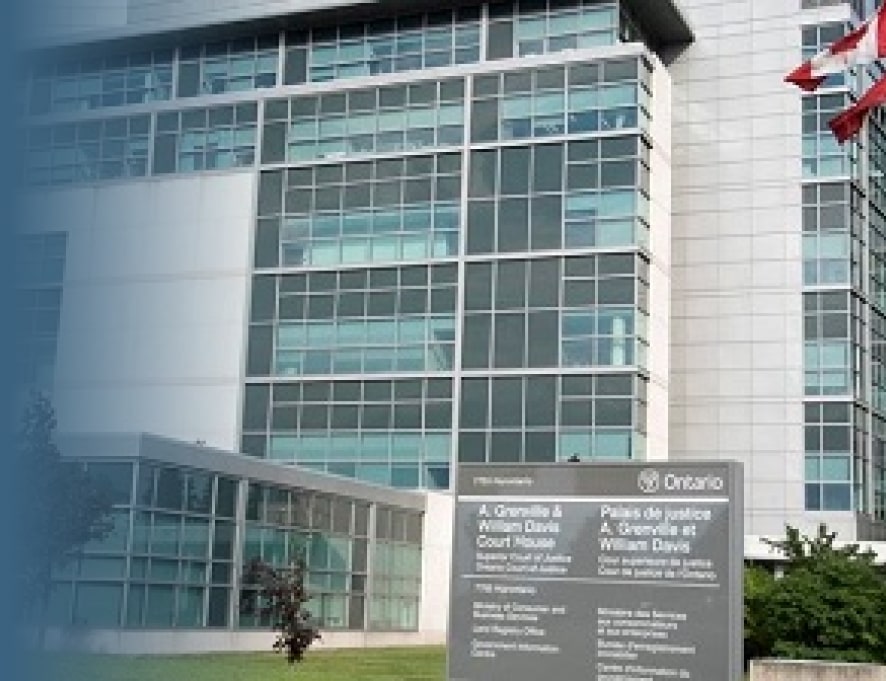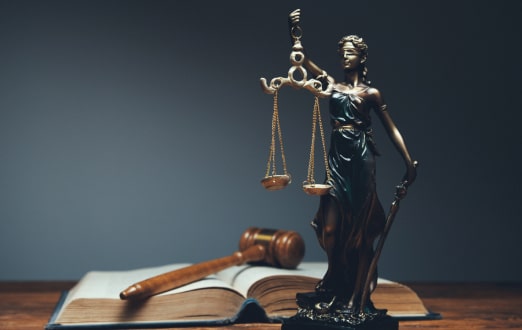
Legal Aid Lawyers in Brampton
Since I began practicing law 18 years ago I have been accepting Legal Aid Ontario (LAO) Certificates for many criminal and family cases. Legal Aid


Sureties need to be aware they are guaranteeing to do all in their power to supervise the Accused when released until his/her day of trial. Should the Surety ever become aware that the Accused has not followed through with a term of his/her release, the Surety must take steps to notify authorities, turn the Accused back into custody, including appearing before a Justice of the Peace and revoking the bail immediately. Should a Surety not turn in the Accused, despite his/her knowledge of that breach, he/she will be liable for the amount of money he/she posted in the bail, and may jeopardize any future attempts to become a Surety for another person. Keeping all this in mind, everyone charged with a criminal offence has the right to not be denied reasonable bail with reasonable release conditions – it is a guaranteed right. Factors that make the release more difficult and complex include the nature of the charges, any prior criminal record of the accused, any breaches or existing criminal charges and the quality of the release plan, to name a few. Contact Avi Baratz best bail hearing lawyer in Toronto, Ontario.




Since I began practicing law 18 years ago I have been accepting Legal Aid Ontario (LAO) Certificates for many criminal and family cases. Legal Aid

If you find yourself charged with a criminal offence in Brampton I would highly recommend that you seek the advice and counsel of a criminal

In Canada the defence known as “self-defence” is available to those charged with a criminal charge such as assault, assault bodily harm and other forms
